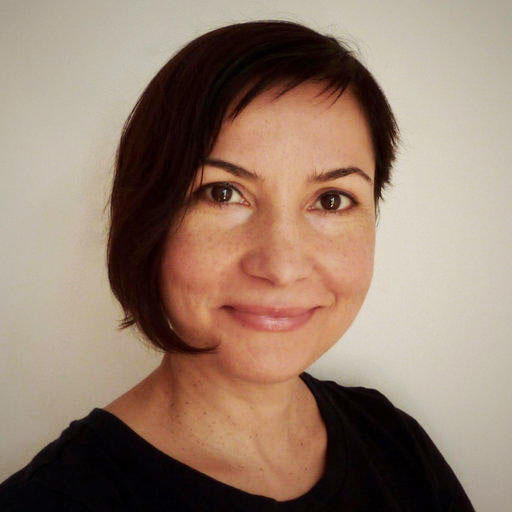Interview conducted by Tanvi Mehta, B.A., postbaccalaureate fellow in the Biostatistics Branch.
Years at DCEG: 2015-2018
DCEG Title: Postdoctoral Cancer Research Training Award Fellow
Current Organization: Clinical Research Centre at Lund University
Current Title: Biostatistician
Who was your mentor at DCEG?
At DCEG I primarily worked with Ruth Pfeiffer, Ph.D., and Barry Graubard, Ph.D., both senior investigators in the Biostatistics Branch.
What is your current position?
I am a biostatistician at the Clinical Research Centre at Lund University in Malmo, Sweden. My current position offers a lot of flexibility, which I really value. I spend time teaching, doing data analysis, supervising a Masters level statistician, co-supervising two PhD students, and doing my own research. My research focuses on longitudinal data from the TEDDY (The Environmental Determinants of Diabetes in the Young) study, which began in the early 2000s and follows kids from birth until age 15. This study has generated absolutely phenomenal longitudinal data, and I have been analyzing this data through a few different projects. Currently, I don’t do any strictly methods research, but I hope to spend more time on methods in the future.
How do you apply the skills you developed at DCEG in your current job?
It’s hard to pinpoint exactly which skills I developed at DCEG, but I know that before my time at DCEG I didn’t feel ready for my current position. Gaining exposure to and working on a number of different projects, as well as working with people who have different working and mentoring styles are among the things that led me to feel ready to take on this position. Awareness of both different problems in statistics and different personality types in the workplace are things I continue to find useful in my current job.
Do you have any memories from your fellowship that you would like to share?
I enjoyed spending time with my fellow post-docs. Initially, we all largely kept to ourselves, and would just have small conversations over lunches. As we really got to know each other, the whole environment started to feel much more friendly, lunch conversations became so fun and interesting, and I developed lifelong friendships with some of my fellow post-docs.
What do you do in your free time?
These days, I’ve been spending my free time studying Swedish, biking along the beaches, and talking to friends all over the world on zoom.
Do you have any advice for current or future DCEG fellows?
For some general advice, I would say don’t compare yourself to others, but rather, compare yourself to your past self. This is something that took me a while to internalize and truly implement in my life, but it is so important. I would also advise taking time to discover your strengths and weaknesses early, and to work on those weakness by taking advantage of the numerous trainings and opportunities available at NCI and the NIH. Also, Jackie Lavigne, Ph.D., is an incredibly helpful resource—I would recommend investing time in figuring out what you want before the application process and talking to Dr. Lavigne before you start applying to jobs, rather than after, like I did. Lastly, take advantage of the time you have now. I always thought once I settled into a job, I would have more time, but now I find I have even less time, and I think that’s true for many people.
